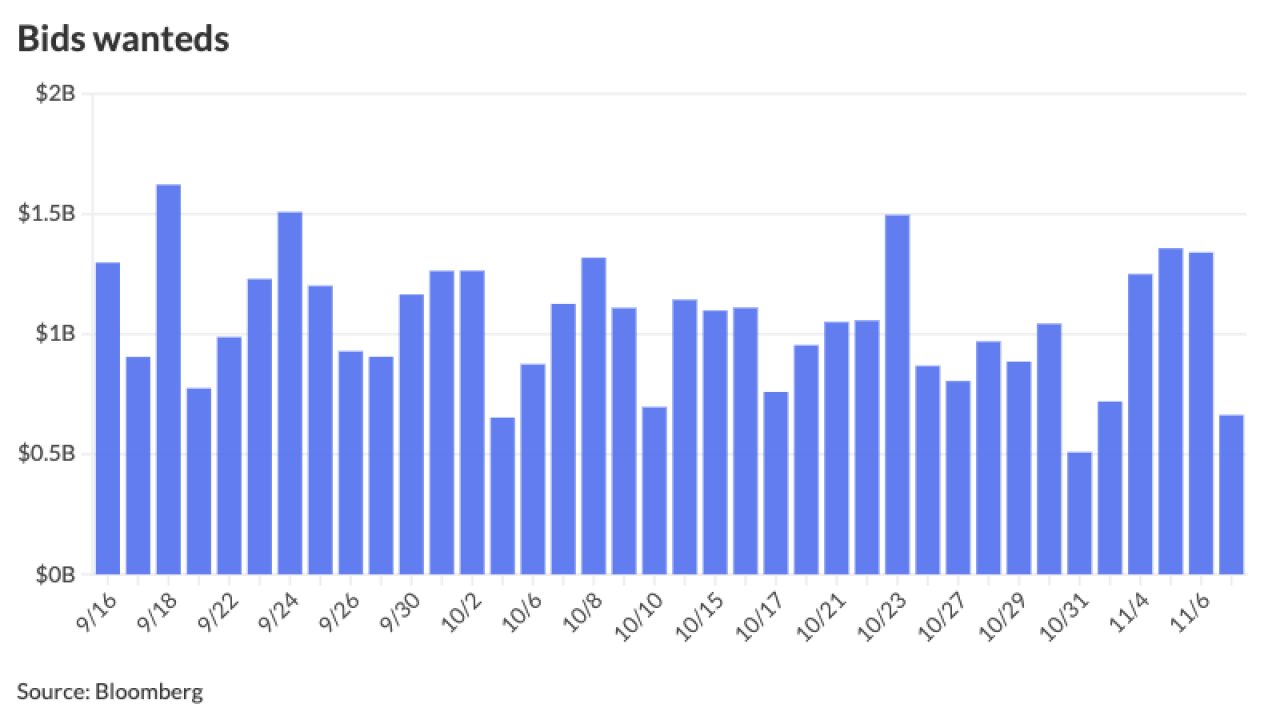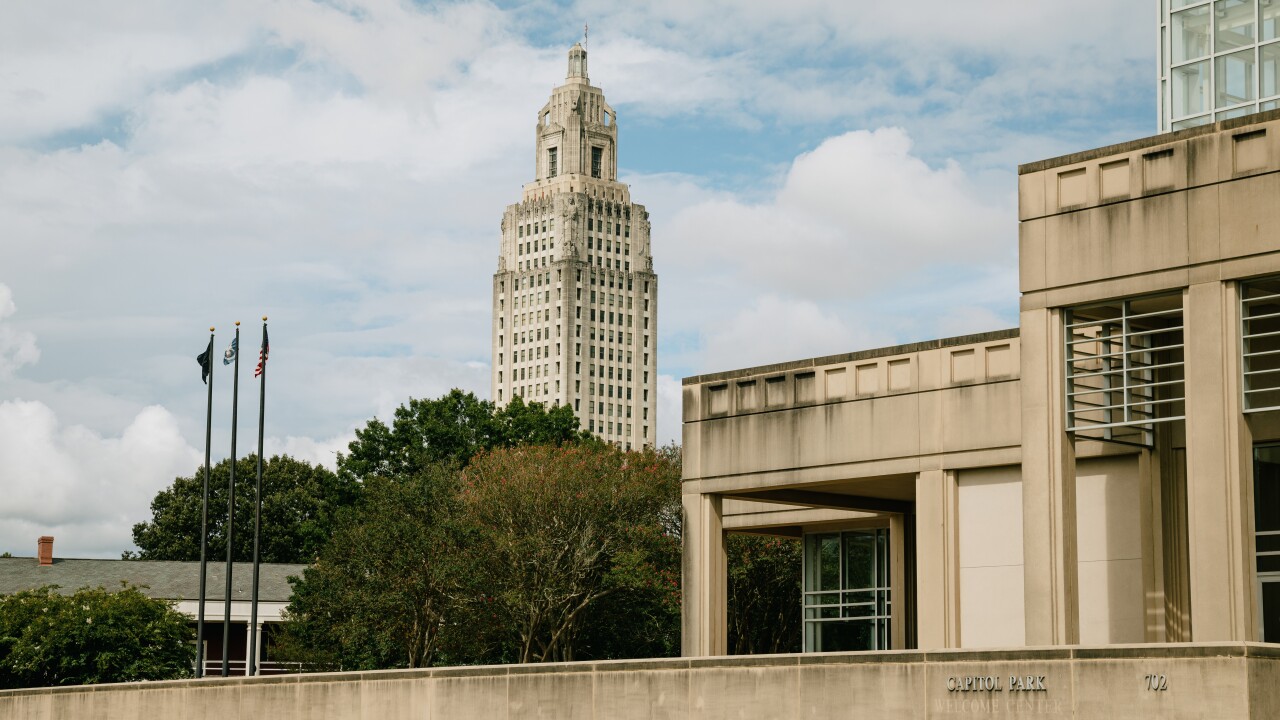New York’s Metropolitan Transportation Authority should reconsider its contractor debarment policy for unexcused late or overbudget work, the head of a watchdog organization said.
“The rule should be modified to allow the MTA to exercise discretion, which may be warranted in circumstances when debarment would disadvantage the MTA,” Andrew Rein, president of the Citizens Budget Commission, said in a letter to the authority’s deputy general counsel, Peter Sistrom.

The MTA, one of the largest municipal issuers with roughly $43 billion in debt, is scheduled to issue $434 million of climate-bond certified Series 2019C transportation revenue green bonds competitively on Thursday. Public Resources Advisory Group is the financial advisor.
A new policy, passed with the state fiscal 2020 budget bill, calls for a five-year debarment of contractors that exceed timelines for substantial completion by more than 10% or submit invalid claims beyond 10% of the contract amount. According to Rein, the MTA needs the flexibility to decide whether debarment would hinder the MTA, such as circumstances involving a limited vendor pool.
Gov. Andrew Cuomo’s transformation plan for the MTA, which consulting firm AlixParters LLP crafted, received approval from the authority’s board last month. It calls for rolling 40 functioning groups within MTA agencies into six departments, including a dedicated capital construction unit.
Cuomo has urged the MTA to overhaul its procurement practices.
Rein also called on the MTA to incorporate a debarment remedy as part of such an overhaul.
“Legitimate mitigating circumstances may affect a contractor’s performance, and such lapse may not warrant such a significant penalty,” Rein said. “For example, if a contractor submits invalid claims on behalf of a subcontractor that are ultimately disallowed by MTA, the contractor would have to be debarred if those claims exceeded 10% of the contract amount.”
Second, he said, mandatory debarment, which also includes debarment from other state agencies and authorities, increases contractors’ risk. “The cost of that risk may be added to bid or proposal prices, resulting in cost increases for the MTA,” Rein said.
In a separate commentary, CBC suggested the MTA's operating budget gap is worse than it appears.
The preliminary budget and four-year financial plan MTA officials presented to the board on July 24 projected significant outyear cash deficits, spiraling to $433 million in 2023 from $6 million in 2020 with a cumulative deficit of $740 million in 2023.
"While this picture by itself is cause for concern, the plan relies on four assumptions that point to an even more alarming fiscal outlook for the MTA," CBC said, citing a highly optimistic expectations for savings through the transformation plan; budget-reduction effectiveness; collective bargaining wage increases without productivity improvements; and four more years of economic growth.
Kroll Bond Rating Agency, which assigned an AA-plus rating and negative outlook to the Series 2019C bonds, acknowledged possible savings through the transformation plan while adding that more substantial cost savings and service initiatives remain pending while the MTA continues to negotiate labor union contracts.
“It is KBRA’s understanding that the transformation plan will not have a direct impact on the MTA transportation revenue bonds’ structure or security,” Kroll said.

Separately, four of six companies graduating from a tech transit accelerator program will begin pilots with the MTA in an attempt to solve key subway and bus challenges.
The Transit Tech Lab, a joint venture of the MTA and the business group Partnership for New York City, “far surpassed our expectations,” MTA Chairman Patrick Foye said. The program enables tech companies to test and roll out products designed to improve transit services.
Two companies will advance to the pilot phase for the subway challenge.
Axon Vibe provides smartphone-app technology that enables public transport operators’ commuting behavior. Veovo instantly measures the number of passengers moving through a subway station to identify crowding, enabling the authority to adjust staff deployment at stations and change train distribution and station design.
Two companies will advance to the pilot phase for the bus challenge:
Preteckt studies vehicle data from buses to predict system failures at least 48 hours before check-engine light activation. Its insights could trim maintenance time and service disruptions. Remix provides software for designing transit systems that could enable planners to more quickly redesign the bus network.





